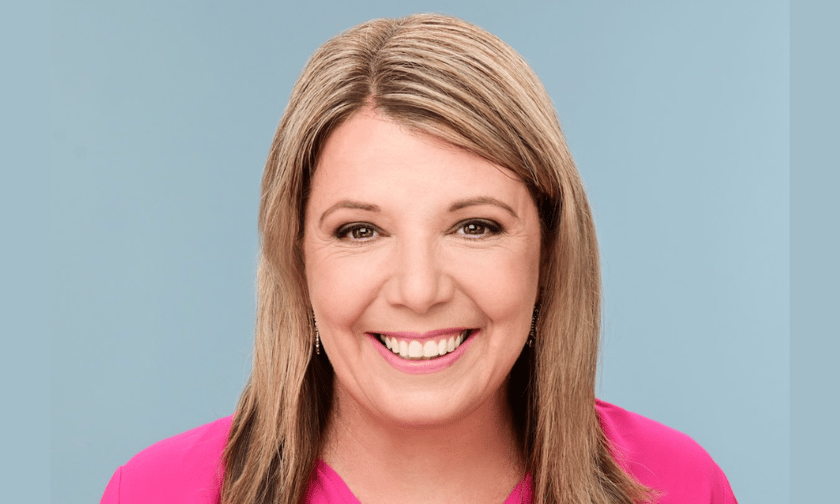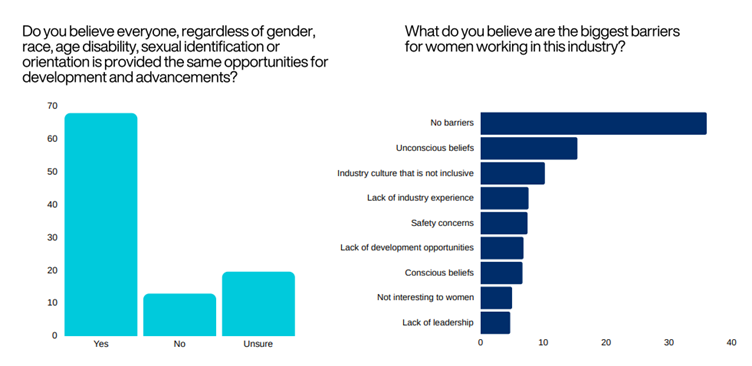

The mortgage broking industry, like many others, faces a challenge in attracting and retaining a diverse workforce.
While initiatives have been underway to address this, the recent MFAA Diversity, Equity, and Inclusion (DEI) Survey highlights the ongoing need to bridge the gap, particularly when it comes to female representation.
“The reason we focused on women initially is because we are losing women,” explained thrive4women founder Jane Counsel (pictured above), speaking at the MFAA DEI Summit on May 7 in Sydney.
“Women are 50% of our population but if we can’t retain women in this industry, what hope do we have for broader diversity?”
The proportion of female brokers did increase for the first time in 18 months, according to the latest MFAA data released in October, up 1.5 percentage points to 26.9% compared to the previous six months and 1.4 percentage points compared to the previous year.
However, Counsel pointed out this was well below the figure (31%) found when the research began in 2017.
“We are still losing women despite some great progress we have made in this initiative,” said Counsel.
Counsel emphasised the importance of understanding both the attractions and “often invisible barriers” women face in the industry.
Understanding what draws women to mortgage broking is crucial before tackling the obstacles that keep them from staying.
The MFAA DEI survey identified several factors that appeal to women, including:
A significant portion answered women faced no barriers at all.
“If I’m not facing discrimination and experiencing these barriers, is it really happening if it’s not happening to me? That’s the kind of barrier we are dealing with,” Counsel said.
“Fortunately, we have six years of research and there’s been some consistent themes.” 
The research revealed a significant disconnect in how men and women perceive the industry. Initially, many male brokers didn’t acknowledge the underrepresentation of women or the existence of barriers.
In 2018, 22% of male MFAA members believed that women were underrepresented, which increased to almost 35% in 2022 and was a lift of 10% from the 2021 research. Female ‘yes’ responses to this question have also increased to 75% up from 56% in 2021.
“There’s been a massive shift in the past six years,” Counsel said. “People are questioning their beliefs about the reality of working in this industry.”
Unconscious bias, where stereotypical beliefs influence behaviour, was identified as another hurdle.
“There is an unconscious view of what the typical broker looks like,” Counsel explained. “We need to be conscious of that and challenge those assumptions.”
The third biggest barrier for women in this industry was a non-inclusive culture, according to the survey.
“Culture is everything. If we want to change the industry, we have to start at the culture,” Counsel said. “One of the biggest things we focus on in this industry is volumes and financial outcomes above everything else.
“I get it. We are in the industry that’s all about financial viability, but is that a symbol of culture that’s inclusive?”
The research also found that female brokers are more likely to champion diversity and inclusion initiatives. This highlights the importance of fostering an environment where all voices are heard and valued.
“If we are going to shift the culture, diversity and inclusion must be a priority for everyone,” Counsel said.
By addressing these challenges and building upon the reasons why female brokers stay and are attracted to the industry in the first place, the MFAA hopes to foster a more welcoming and diverse environment, benefiting both businesses and clients.
